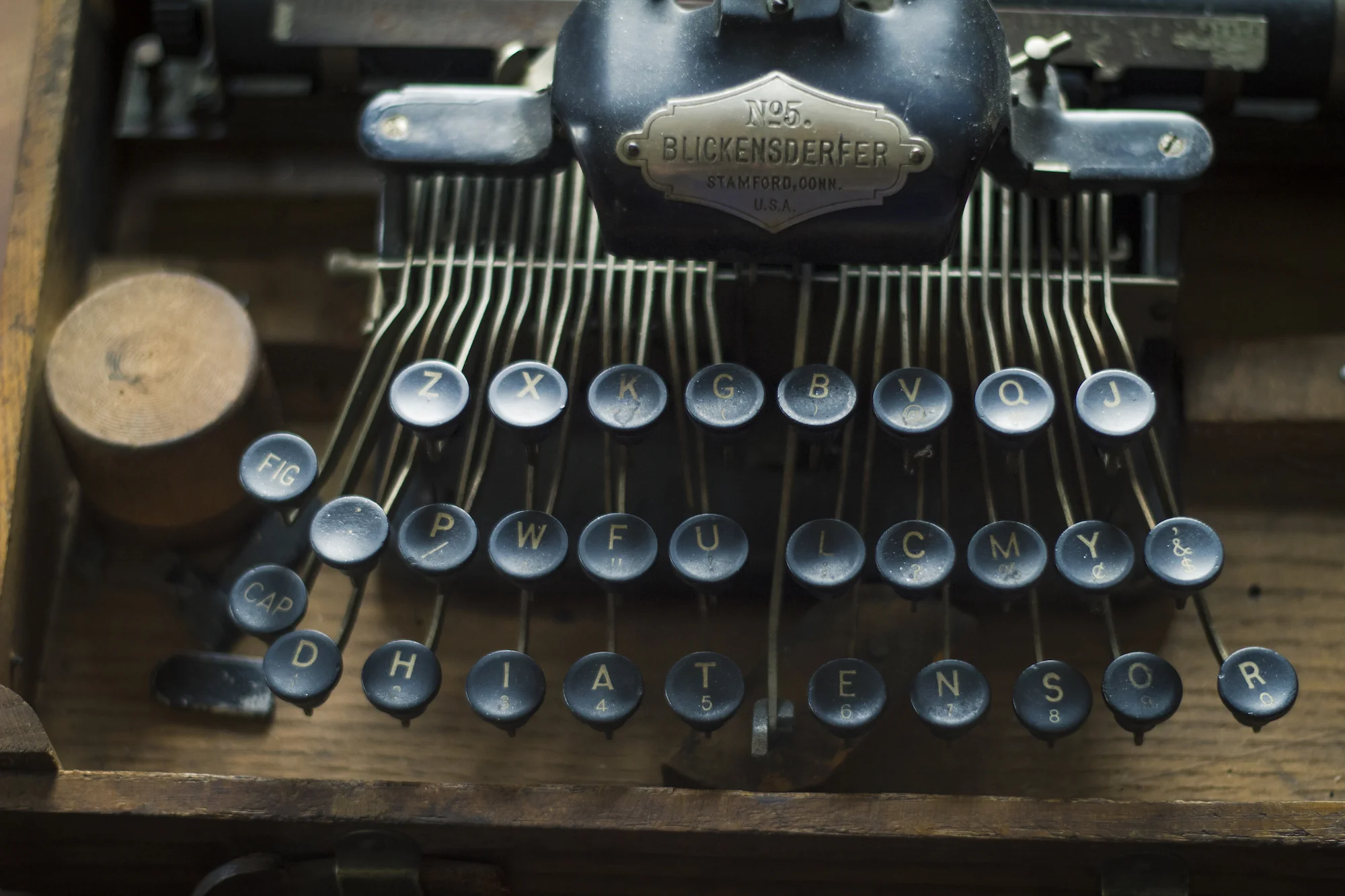I've got the first of the "Office Outcast" clips up, either watch it here or back on Youtube.
American "Office" versus British "Office"
I rented both seasons of the British version of “The Office,” to see what all the fuss was about and what the difference between the two would be. It’s an interesting thing to do. Here’s the background: the American version was modeled after the wildly successful British version, which went for two short seasons of six episodes apiece, then ended their run. The American version just finished their second season, and their first full, 24-episode season, with promise of more.
A friend of mine was loathe to start watching the new version since it was only going to be a “cheap knock-off” on the American version, and just steal all their best ideas. And in some respects this is so. The pilot of the British version was essentially exactly duplicated for the American version, and, ironically, both are the worst episodes ever produced by each show. Shortly following, the American version began following their own path, with fairly solid success. While TV ratings are still mediocre, it’s in all likelihood the best comedy on television, now that "Arrested Development" has finished their ratings-troubled run. But is it better than the original? Here’s my crack at a breakdown between the two:
The Boss: Ricky Gervais’ David Brent versus Steve Carrell’s Michael Scott.
“The Office” is essentially Gervais’ creation, and his sneering, racist, egotistical British pop culture-referencing buffoon of a boss was expanded into a sneering, racist, egotistical American pop culture-referencing buffoon of a boss by Carrell, who knows a good thing when he sees one. Both are technically the main characters of their respective shows, and while the viewer’s hearts will always belong to the love stories hidden in the office politics, it’s these characters that carry the weight of each episode – and provide most of the laughs. Gervais’ character is snider, more insulting, more egotistical, self-centered, and less loveable. Carrell is marginally more inviting, with the viewer getting the profound sense that beneath all that façade is an incredibly lonely character who truly realizes he’s an incredibly lonely character. For much of the show’s run, Gervais only has a vague concept of this fact.
It’s a tough choice between the two: Carrell is funnier, Gervais more comfortable in his role, and therefore much more profoundly uncomfortable to watch. I’m gonna go gutless and split the difference. Two-way tie.
The Romance: Tim-Dawn versus Jim-Pam
I thought for certain I’d be more partial to Jim-Pam, since I’ve been following their plight for more than a year now, and each episode held them away from each other as long as they possibly could. But there’s a dynamic of Tim and Dawn that’s completely missing from the American version – there’s a longing for more than each other in their every action. They’re both so completely trapped in their lives, all they want is a chance to start over. Tim wants to go back to college, Dawn wants more than a receptionist job, she wants to be valued. And when they don’t end up together – and it’s a hard, heartbreaking moment when they don’t – you sense that life is really over for both of them. They’ll never, really find what they want now. They’ll never get out.
It almost pains me to go this way, but the advantage is clearly Tim-Dawn.
The Competition: Jim-Dwight versus Tim-Gareth
This one’s much easier. Jim-Dwight is just funnier, and a lot less mean-spirited. At the end of season 2, when Jim starts to feel bad about how awful he is to Dwight, he precedes the audience in that. We still love it. But by the time Tim starts seeing the error of his ways, we’ve already started to feel bad for Gareth.
Put it this way: Tim glues Gareth’s phone down so he can’t answer it. Jim manages to get Dwight to hit himself in the head with it. Advantage: Jim-Dwight.
The Supporting Staff: British office workers versus American Office workers.
Easy. The American office has the quietly appalled Ryan, the humorless Angela, the bizarre Creed, the patiently unhappy Stanley, the utterly fed-up Toby, and the slack-jawed Kevin. The British version has the slack-jawed Keith.
Case closed. Advantage: Americans.
The Storylines: American docu-sitcom versus British docu-farce.
The British version is much less topic oriented, trying to feel more like a real office, with little happening to separate the episodes. The creators announced their intention to avoid all sitcom styling, and that effort clearly shows. It’s brilliant, but it gives the show little momentum for much of a stretch run.
The American version is more closely oriented with modern tastes, giving each episode a specific point on which it dwells: a diversity training day, an office versus warehouse basketball game, drug-testing day, etc. It’s what’s let the American version go on nearly three times as long as the British version, with plans for more. You could never push the British version much further. Advantage: Americans.
Final Verdict: The British version is perfect, in its own way: 12 brilliant, groundbreaking episodes that build on each other until you can’t help but have a vested interest in the characters. But the American version has depth and a more lasting hold on the viewer, and… it’s just funnier. The American version wins by a nose.

